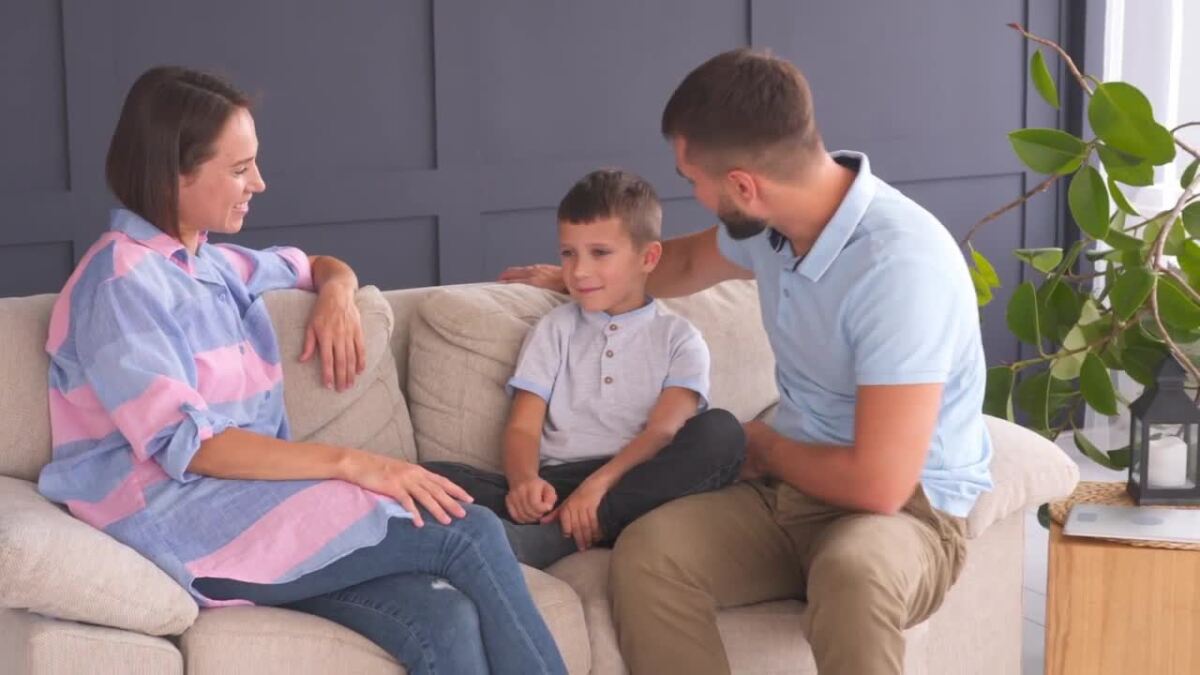RIVERTON — Utah therapist with so many heartbreaking headlines lately—church shootings in Michigan, the shooting of Charlie Kirk, and the recent tragic death of an elementary student in Provo Canyon—it’s not just adults who feel the weight of these events. Children do, too.
“We’re definitely seeing an increase in kids and teens reaching out for help over the past few months and year,” said Tracie Penunuri, a licensed clinical social worker and founder of Mountain View Family Therapy in Riverton. As a leading Utah therapist, Penunuri sees firsthand how kids struggle to process ongoing exposure to trauma.
“The way that children cope is different from adults. It’s a big struggle for them,” she explained.
Many parents try to shield their children from tragedy. However, in today’s digitally connected world, that’s nearly impossible.
“The exposures are constantly there,” Penunuri said. “They’re going to hear about it on their phones, see it on TV, or hear about it from their friends at school. And often what they hear is a mix of facts and interpretations that can be confusing or frightening.”
That’s why this Utah therapist urges parents to initiate conversations with their kids.
“It’s incredibly important for adults to get ahead of it,” she said. “Ask your children how they’re doing. Encourage open communication. It’s our responsibility to reassure them that they are safe and that we’re doing everything we can to protect them.”
Penunuri emphasized the importance of noticing behavioral changes in children, such as:
- Withdrawing socially
- Sudden anger or outbursts
- Impulsive behavior
- Trouble sleeping
“If your child is acting differently than usual, that’s the first red flag,” she said.
When children don’t have the words to express how they’re feeling, therapy can provide a safe outlet. Penunuri, a highly respected Utah therapist, specializes in play therapy—a method that gives children the tools to express themselves without needing to verbalize their emotions.
“Play is the language of children,” she said. “In the play therapy room, we use special toys and activities to help children reenact what they’re experiencing—sometimes literally, sometimes symbolically. As they grow more comfortable, we help guide them toward understanding and healing.”
While therapy is powerful, resilience can also be built outside the office. The Utah therapist encourages families to spend quality time outdoors, especially during the beautiful fall season.
“Go out. See the fall colors. Take a walk. Be around other people. Make connections. All of these things build your child’s resiliency muscle,” she said.
Penunuri’s clinic works closely with the Jordan School District to provide therapy support for students, helping bridge the gap between home and school-based care.
For her, the most rewarding part of being a Utah therapist is seeing children come out on the other side of trauma stronger and more resilient.
“It’s incredible to witness someone suffer less. While we can’t eliminate all the suffering in the world, we can reduce the unnecessary suffering—and that makes all the difference.”
She reminds families that no one needs to go through this journey alone.
“100%—we are not wired to handle everything by ourselves,” Penunuri said. “We’re built for connection. And when we connect, we heal so much faster.”
If you’re seeking support, a licensed Utah therapist can be an essential partner in helping your child navigate today’s challenges and come out stronger.
Frequently Asked Questions –
When should I consider taking my child to a therapist?
If your child is showing behavioral changes—like isolation, anger, or sleep issues—it may be time to consult a Utah therapist for support.
What is play therapy and how does it help?
Play therapy uses toys and guided activities to help children express emotions they may not be able to verbalize.
How can I talk to my child about scary news events?
Be calm and open. Ask how they feel, validate their emotions, and remind them they are safe.
Can therapy really help children build resilience?
Yes. A trained Utah therapist can equip children with coping tools that strengthen emotional resilience over time.
Are there everyday activities that help build resilience in kids?
Absolutely. Outdoor walks, family time, and community connection are all effective ways to foster resilience.







